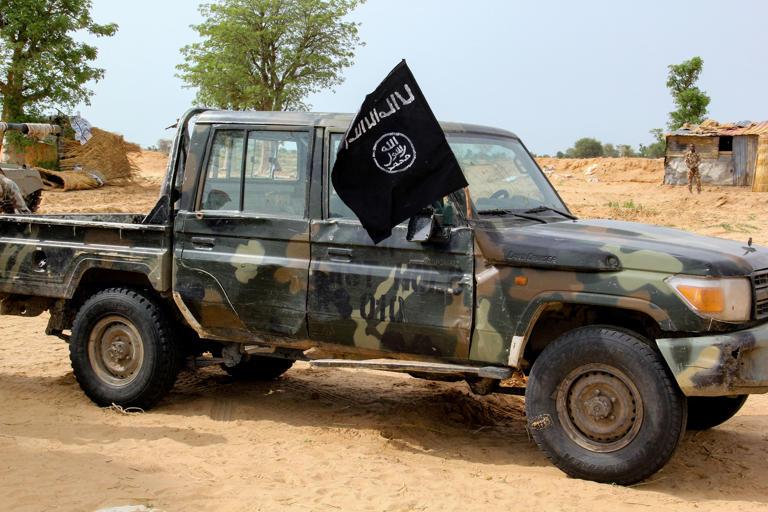
Rivalry among Boko Haram factions compounds violence in northern Nigeria
Three years ago, Hussaini Abubakar feared the worst when armed men on motorbikes and in military camouflage stormed Damari, his village in Kaduna, northwest Nigeria.
Unlike the bandits who have been troubling the region over the last decade and whose terror routines Abubakar’s community knew too well, these attackers were different.
“They were Ansaru jihadists, and some of them are Boko Haram terrorists who are previously terrorising northeastern states,” the 37-year-old farmer told Al Jazeera.
“We were honestly scared of how they were moving with sophisticated weapons, and their arrival led to clashes with bandits, which denied us [farmers] access to farms. That is why our farms remain bushy, and some farmers are migrating.”
Boko Harm, the sect officially known as Jama’at Ahl al-Sunna li-Da’wa wal-Jihad (JAS), was formed in 2002 in northeast Nigeria. Seven years later, its founder Mohammed Yusuf, was killed by security agencies, sparking an onslaught by the group that has killed thousands and displaced over 2.5 million people in a never-ending conflict.
And now splits in the group have compounded the dangers that regular people in northern Nigeria face.
In recent years, local authorities in northwest Nigeria have been raising the alarm about the operations of Ansaru, one of its former factions, alongside bandits in Kaduna, which sits as a connector between the region and central Nigeria.
“Ansaru is not different from Boko Haram,” Baban Abba, a Kaduna-based security analyst, told Al Jazeera. “They are doing what Boko Haram did in the northeast, only with different tactics.”
Formed in 2011, Ansaru was led initially by commanders who disagreed with the late Abubakar Shekarau’s ultra-takfir – an approach that justifies the killings of other Muslims deemed to be unbelievers.
The group reappeared in 2019 as an Al-Qaeda franchise in Nigeria after years underground, absorbing former JAS fighters who fled the northeast due to offensives in the Lake Chad area by a multinational force comprising Cameroon, Chad, Niger and Nigeria.
Ansaru offered to protect vulnerable Muslim-majority communities like Damari from marauding bandits, a strategy analysts say was meant to garner support in their fight against the government. It worked, and Ansaru gained the people’s trust but established a proto-state and instilled fear in residents.
“We can’t go to our farms until we pay for levy, and they also forced the total closure of our local markets,” Ayuba Aminu, a 32-year-old farmer, told Al Jazeera. “They enforced different rules, such as a ban on cigarette sales. They kill whoever disobeys.”
https://www.msn.com/en-us/news/world/rivalry-among-boko-haram-factions-compounds-violence-in-northern-nigeria/ar-AA1gqpGX
Source » msn





